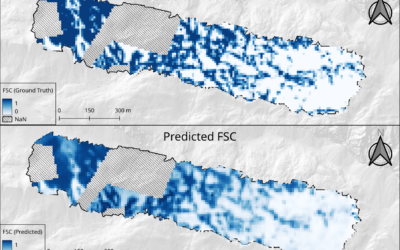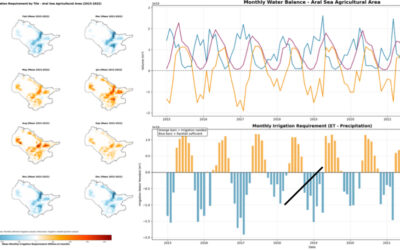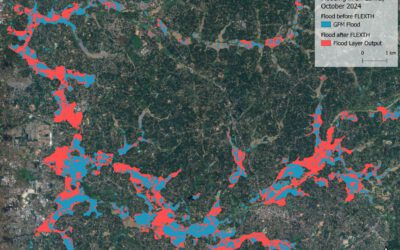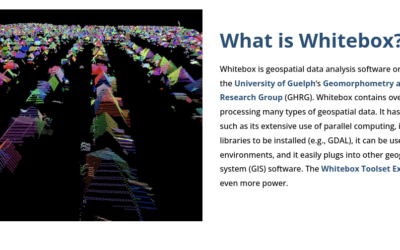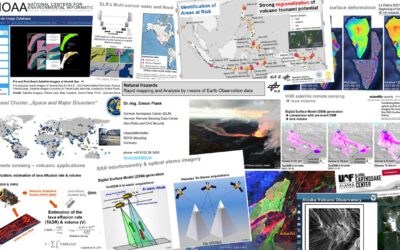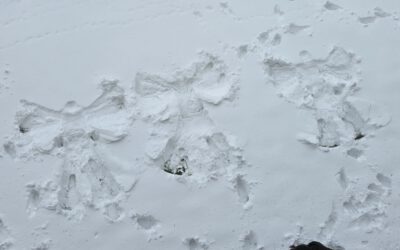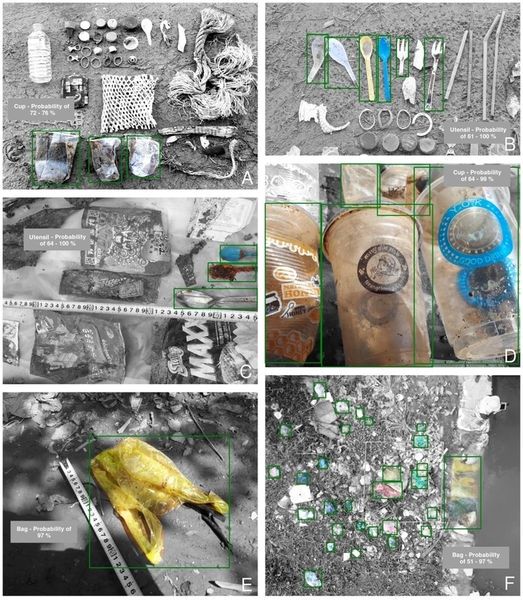
Nina Gnann will present her M.Sc. thesis “Identification of anthropogenic debris assisted by unmanned aerial vehicles and deep learning” on September 8th 12pm.
From the abstract: Due to anthropogenic actions, plastic and other debris are distributed in the environment widely. In Cambodia, a country with a weak waste management system, this is particularly evident, when looking at canals, rivers and beaches. In order to generate information about lot sizes of different plastic categories within these environments, a deep learning method is applied and tested on high and low altitude imagery. The data was acquired in October 2019. As applied method, the Mask R-CNN framework was chosen, because of its high accuracy of detection, classification and instance segmentation. Results show that the task of counting lot sizes of different debris items in various complex pictures is feasible. At present time, it can be concluded that objects closer to the observer are detected with higher probability, as objects further away. Though, the potential of improvement by optimizing hyper-parameters, or increasing the number of object masks is given. The existing approach is evaluated with support of a simple hold-out validation. An averaged TPR of 36,6 % for drone and smartphone imagery, and 71,5 % for smartphone images only was yielded. The findings of the confusion matrices are attached. Moreover, the advantages and disadvantages of the methodology are discussed.

